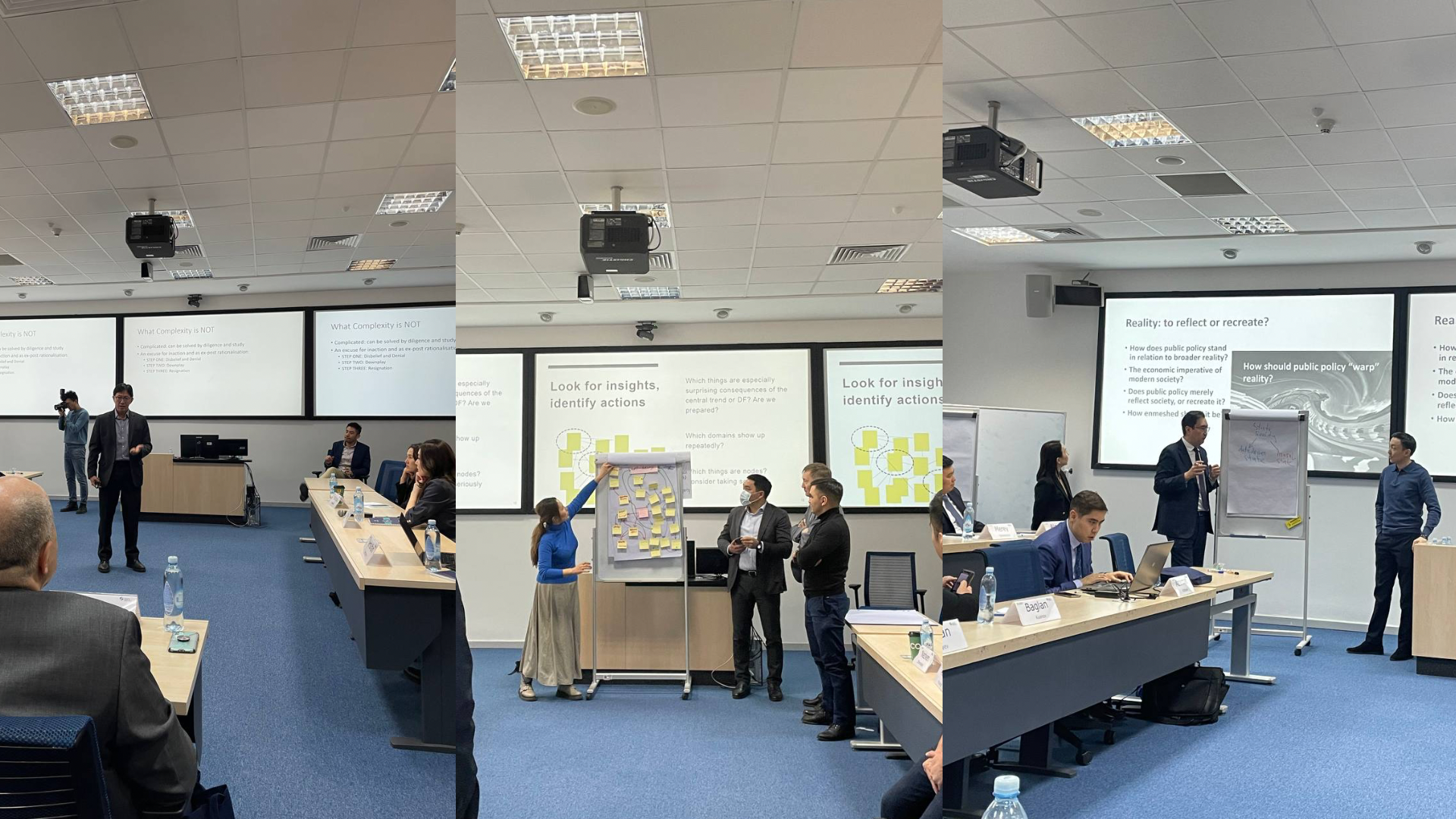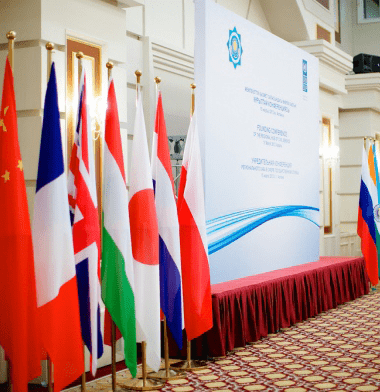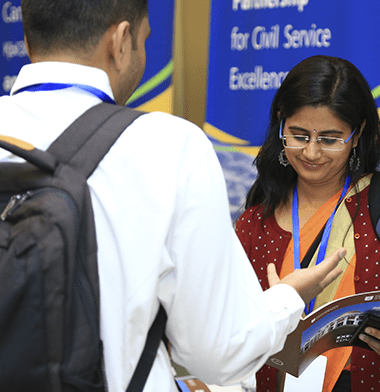Senior civil servants are trained in futures thinking and planning skills
.jpeg)
30 November - 2 December the Astana Civil Service Hub, together with the Graduate School of Public Policy of Nazarbayev University and the Agency of the Republic of Kazakhstan for Civil Service Affairs, conducted a training on a special advanced training program for senior civil servants, employees of educational and international organizations on the topic "Futures Thinking and Scenario Planning for Policymakers".
During the training, participants were introduced to the concept of futures thinking through scenario planning and other tools to enhance their ability to anticipate change in complex environments, uncover hidden assumptions, and identify weaknesses and shortcomings in their organizations.
Speaking with a welcoming speech, Mr. Alikhan Baimenov, Chairman of the Steering Committee of the Astana Civil Service Hub, noted the importance and timeliness of this training for the development of future-oriented thinking. “In order not to take the situation to the extreme, as in the case of Ekibastuz, it is necessary to use planning tools that prevent future tests and ensure preparation for them,” Baimenov emphasized.
In his welcoming remarks, the Dean of Nazarbayev University's Graduate School of Public Policy, Mr. Weng Tat Hui, noted that future thinking plays an important role in helping policy-makers step out of their comfort zone and consider a broader systemic context beyond their immediate areas of work, as at the individual as well as organizational level.

The training was conducted by Mr. Adrian Kuah and Mr. Jared Poon, lead trainers invited from the Lee Kuan Yew School of Public Policy (LKYSPP) at the National University of Singapore. Both trainers have extensive experience of working in the futures team of the Prime Minister's in Singapore and developing scenarios of national and institutional level as in the public sector, so in private.
The training took place in an interactive format, where the participants not only acted as listeners, but also actively shared their ideas and participated in group discussions.



